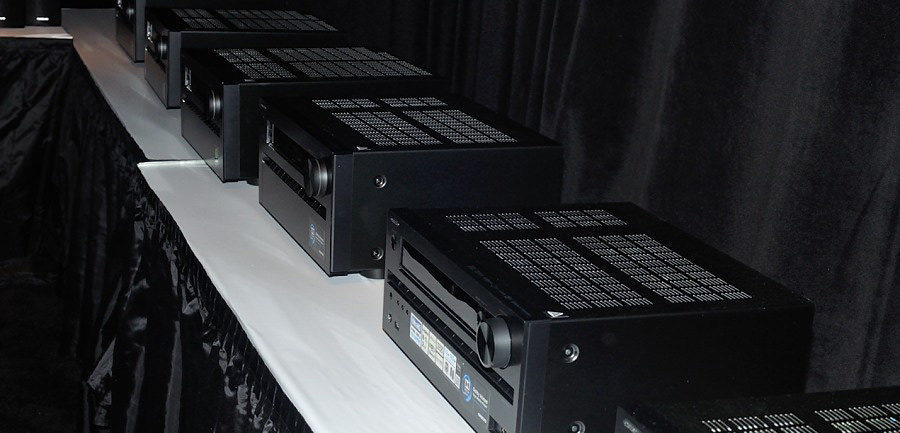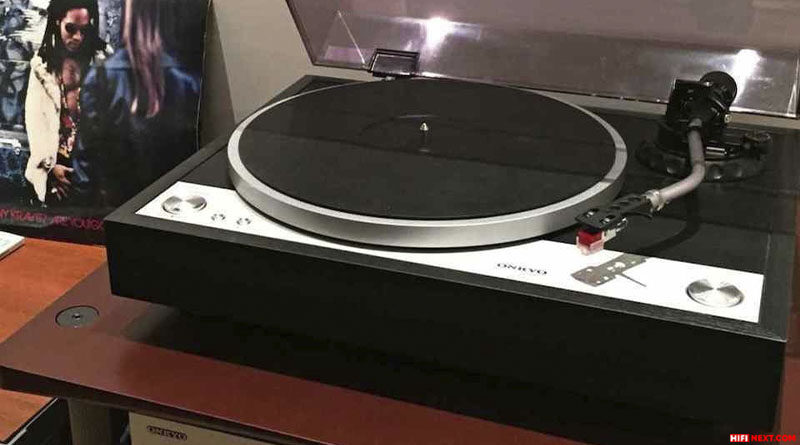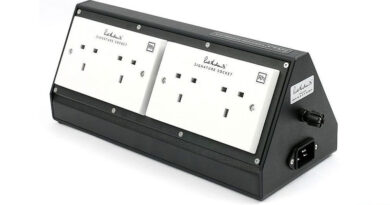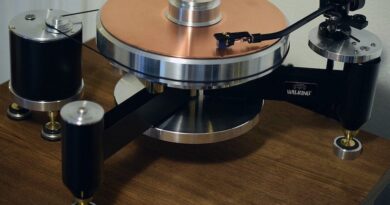Onkyo Financial Trouble: Supply Disruptions and Possible Tokyo Stock Exchange Trading Suspension
Onkyo has not been doing well for a long time: last year, it declared its non-creditworthiness. In 2020, due to the pandemic, supply disruptions began, and several production facilities had to be closed, and no one canceled the payment of bills-and as a result, Onkyo ended fiscal 2020 with revenue of $200.4 million, which is 49.3% less than in 2019. Moreover, the decline in Onkyo’s revenue began in 2013, and since 2012 the company has been looking for someone who would agree to buy it.
It would seem that the sale of Onkyo USA to Gibson Guitars initially saved the situation, but in 2018, Gibson itself declared bankruptcy. Then came a series of deals: the sale of the trademark of the Chinese TCL, the transfer of European distribution. But at the beginning of 2019, there seemed to be hope: the desire to buy Onkyo was expressed by the Sound United group of companies. And five months later, the deal fell through due to “non-compliance”.
And Onkyo decided to change the situation on its own, starting a restructuring, conducting various operations with shares on the stock exchange, reducing the cost of costs and focusing on the AV part of its business: this, according to the company, was to become the mainstay of the new Onkyo.
The plan itself was not a bad one, and Onkyo carried it out very carefully: even with a pandemic drop in sales, the company’s operating profit did not sink so much due to smart work on the stock exchange and competent cost allocation.

The Tokyo Stock Exchange set a deadline for Onkyo until March 31, 2021 — during this fiscal year, the company needed to sort out its finances and get rid of its non-creditworthiness, otherwise its shares would no longer be traded on the exchange. But there was a series of failures.
By the end of 2020, sales in the United States and other markets began to grow, the demand for Onkyo equipment increased, but the company could not fully meet it: this was due to problems with the supply of semiconductors, the closure of Onkyo’s own production facilities, and the lack of finance for the purchase of components for the production of equipment.
One of the steps to save the company was an agreement with the private equity fund EVO Fund: investments from the fund were directly exchanged for Onkyo shares in 12 separate transactions — each subsequent one is larger than the previous one. The contract was executed, Onkyo paid the debts, but all of a sudden, after the 10th transaction, EVO Fund terminated the transaction-just on March 31. As a result, instead of $56 million, Onkyo received only $11 million, which was not enough.
At the moment, company is projected to end the 2021 fiscal year (in Japan, it just ended on March 31) with a net loss of $54.4 million. In July, the shareholders of the Tokyo Stock Exchange will decide at a meeting what to do with Onkyo — most likely its shares will be removed from the list of available ones.
At the same time, Onkyo has not yet declared bankruptcy. Representatives of the company intend to continue to do everything possible to ensure that Onkyo does not cease to exist.




